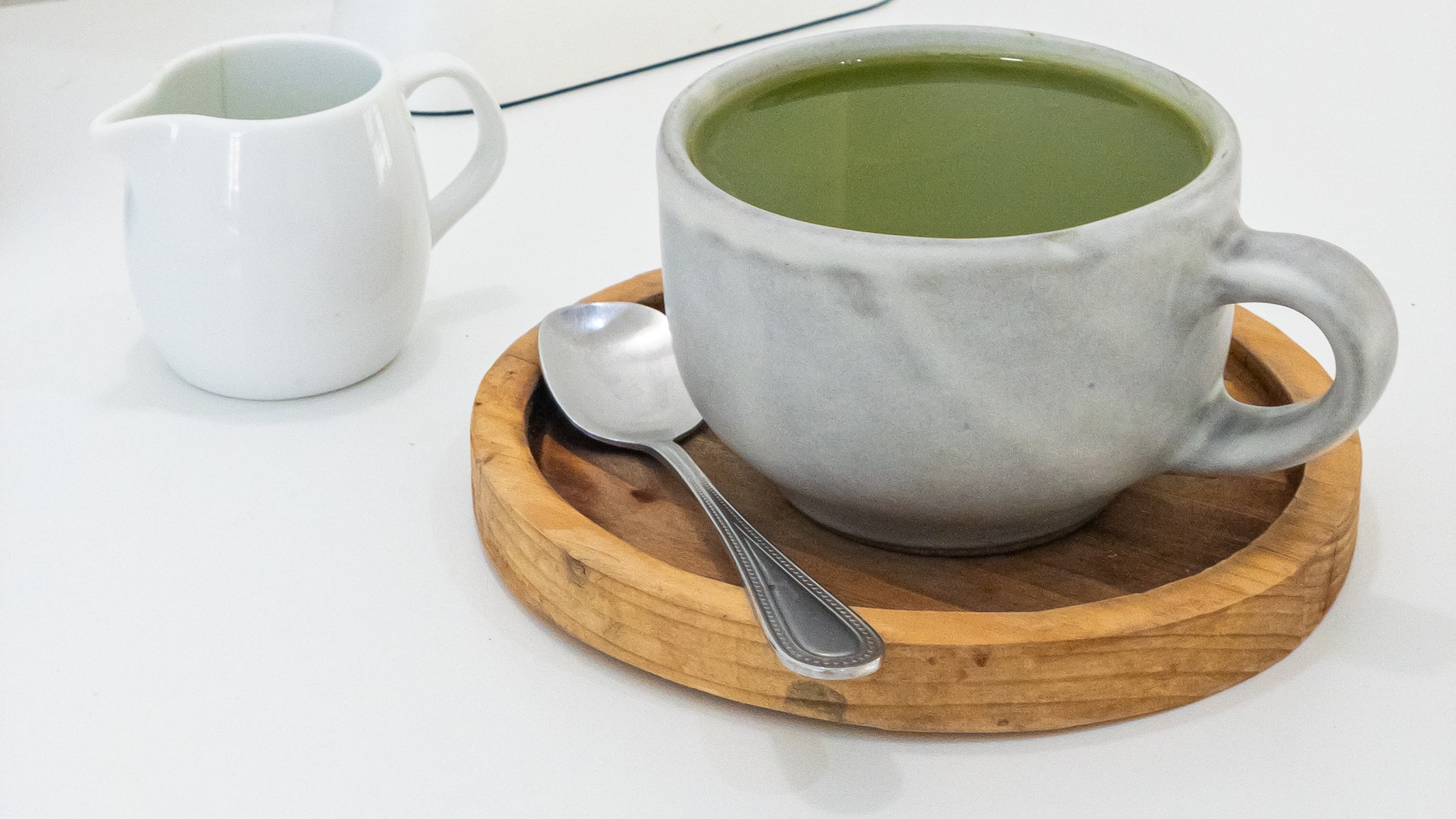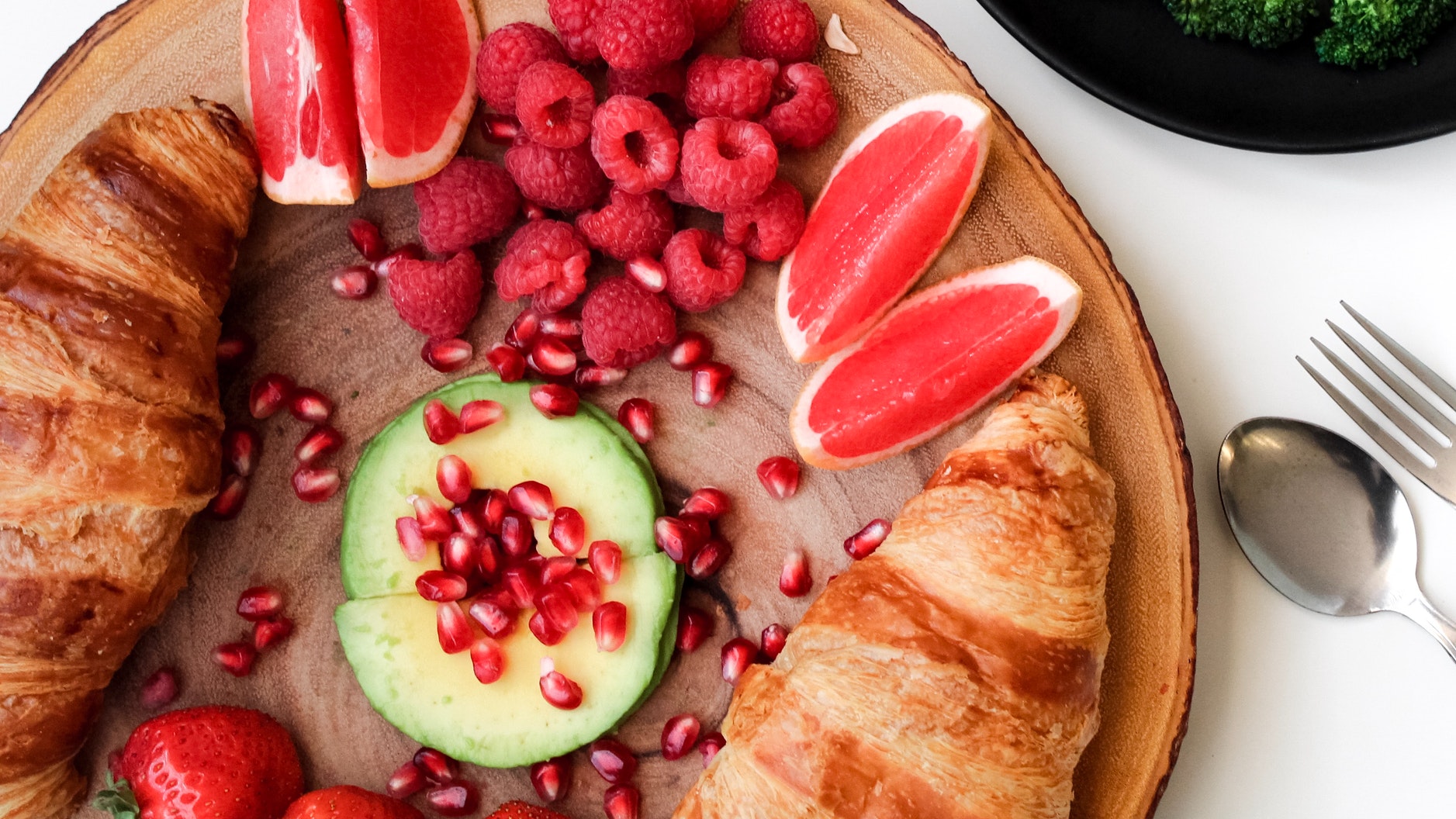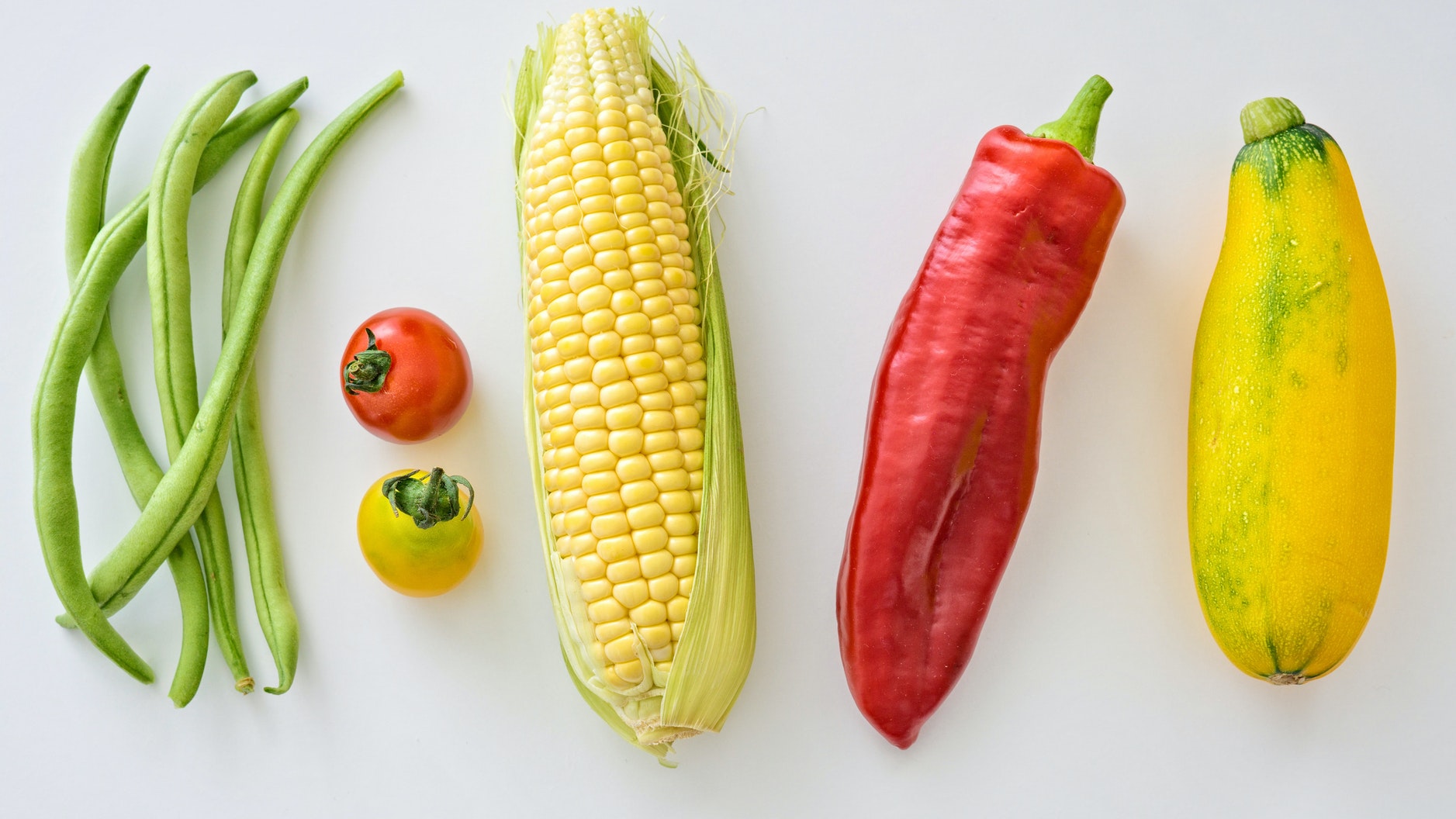Around the web, you will find all sorts of diets that claim to help you solve your fungal issues. Commonly regarded as an anti-Candida diet or Candida cleanses, these foodstuffs promise you safety from fungal infections. Women around the world face Candida and yeast infections at least once in their lifetime. For the unfortunate majority, these keep recurring, making life difficult. That’s why nutritionists have come with these diets that claim to keep yeast infections at bay. However, do these anti-candida diets work? Here’s a look at everything you need to know regarding anti-Candida diets and their efficiency.
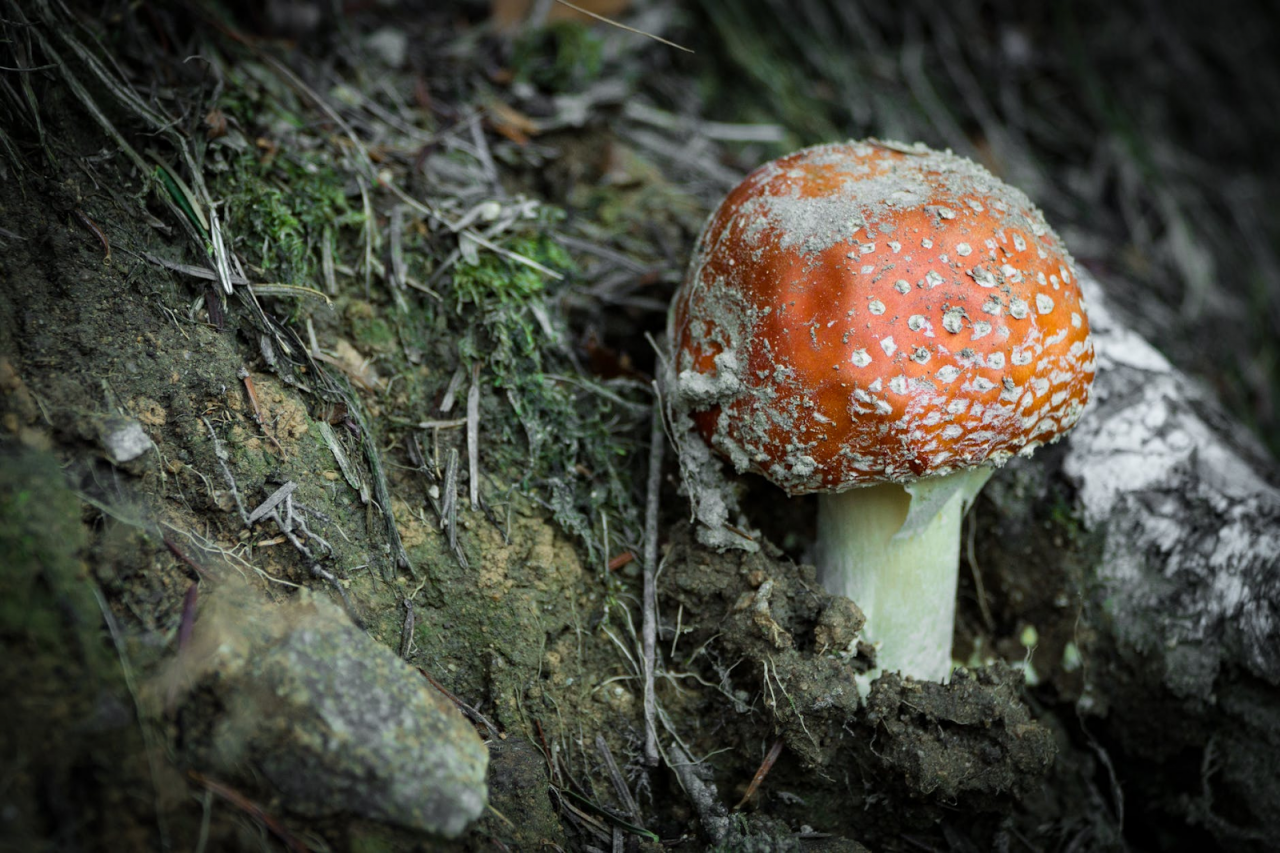
What is Candida?
Candida is a type of fungal infection or yeast that lives inside the human body in areas such as our mouth, guts, and throat. While there are hundreds of different species of this yeast, a few of them cause infections in our body. The most common form of Candida found inside our body is the Candida albicans. While most women have some Candida inside them when their numbers grow out of proportion, it leads to yeast infections, and this is a fairly common problem. Studies show that between three and four million women suffer from at least one yeast infection throughout their life.
What Is an Anti-Candida Diet?
As these yeast infections are widespread, a lot of health and nutrition experts have come out with their own response to it – Anti-Candida diets. These diets claim to contain foodstuffs that help prevent such yeast infections. The most popular of these Anti-Candida diets state that sugar promotes candida overgrowth in the gut, leading to a lot of problems throughout the body. By looking after your stomach and maintaining its healthy balance, you can, therefore, prevent a lot of diseases such as indigestion, bloating, and yeast infections. Thus, the Anti-Candida diet is a low-sugar diet that includes a lot of anti-inflammatory foodstuffs. The main aim of the anti-candida diet is to reduce the growth of Candida within our intestines and guts, thereby preventing infections.
What Does the Anti-Candida Diet Contain?
- Non-starchy veggies like zucchini and broccoli.
- Low-sugar fruits such as berries
- Gluten-free grains like quinoa
- Eggs and white meat
- Well-cooked red meat
- Ghee and butter
- Probiotics like yogurt and kefir
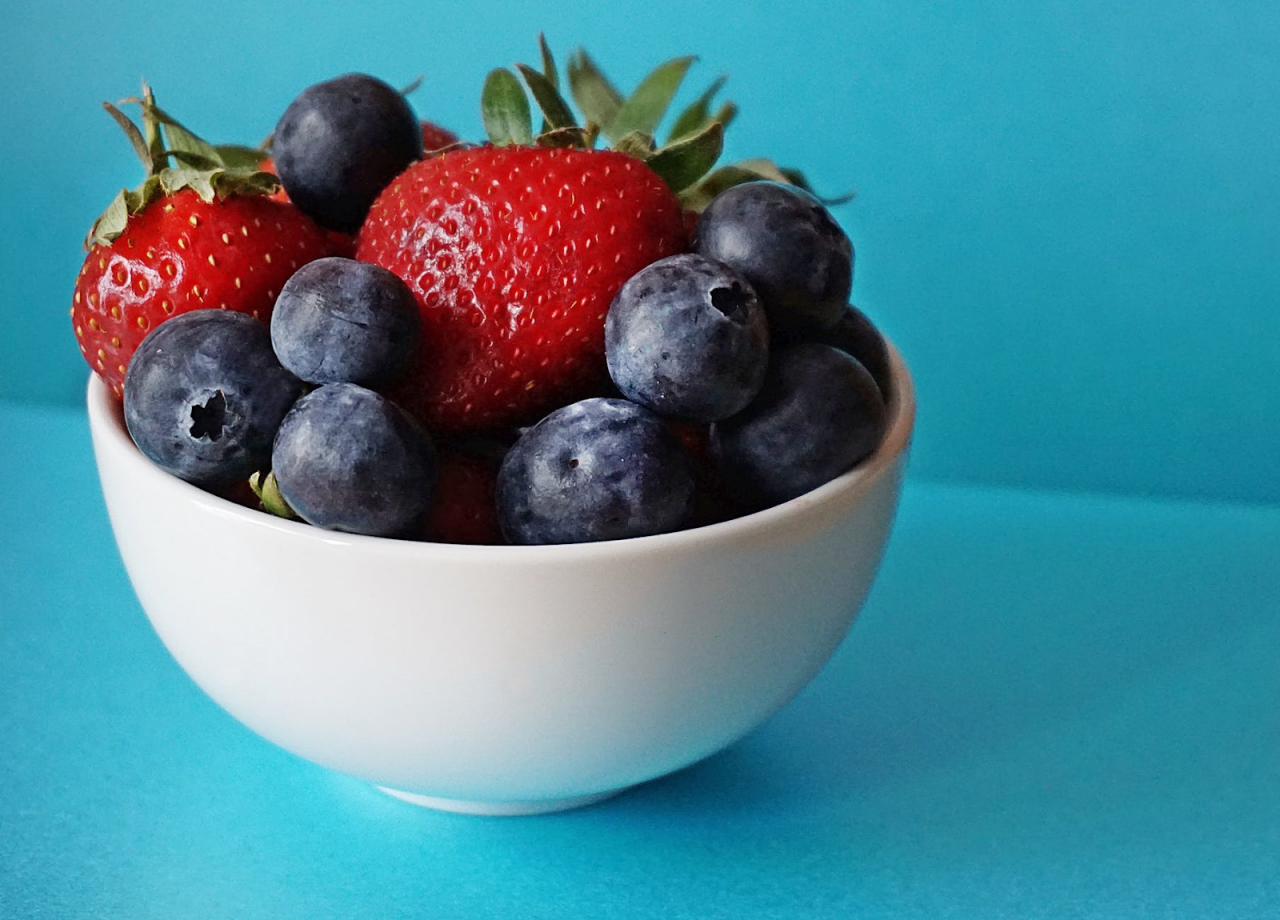
What to Avoid While On an Anti-Candida Diet?
- Fruits rich in sugar like grapes, mangoes, and bananas
- Alcohol
- Caffeine consumption.
- Wheat, barley, and rye as it contains gluten.
- Under-cooked or rare beef
- Milk and Cheese
- Flavored drinks
- Soda
- Sweetened yogurt
What is a Candida Cleanse?
A Candida Cleanse is something you do before you start an anti-candida diet. This short-term food plan helps clean your body, alleviate stress, and remove harmful toxins. Also, most importantly, it will prepare you for starting an anti-candida diet. The most common ways to perform a candida cleanse are as follows:
- Drink lots of fluids, like lemon water and bone broth
- Switching to a veggie-heavy diet
- Consuming small amounts of lean protein consistently throughout the day
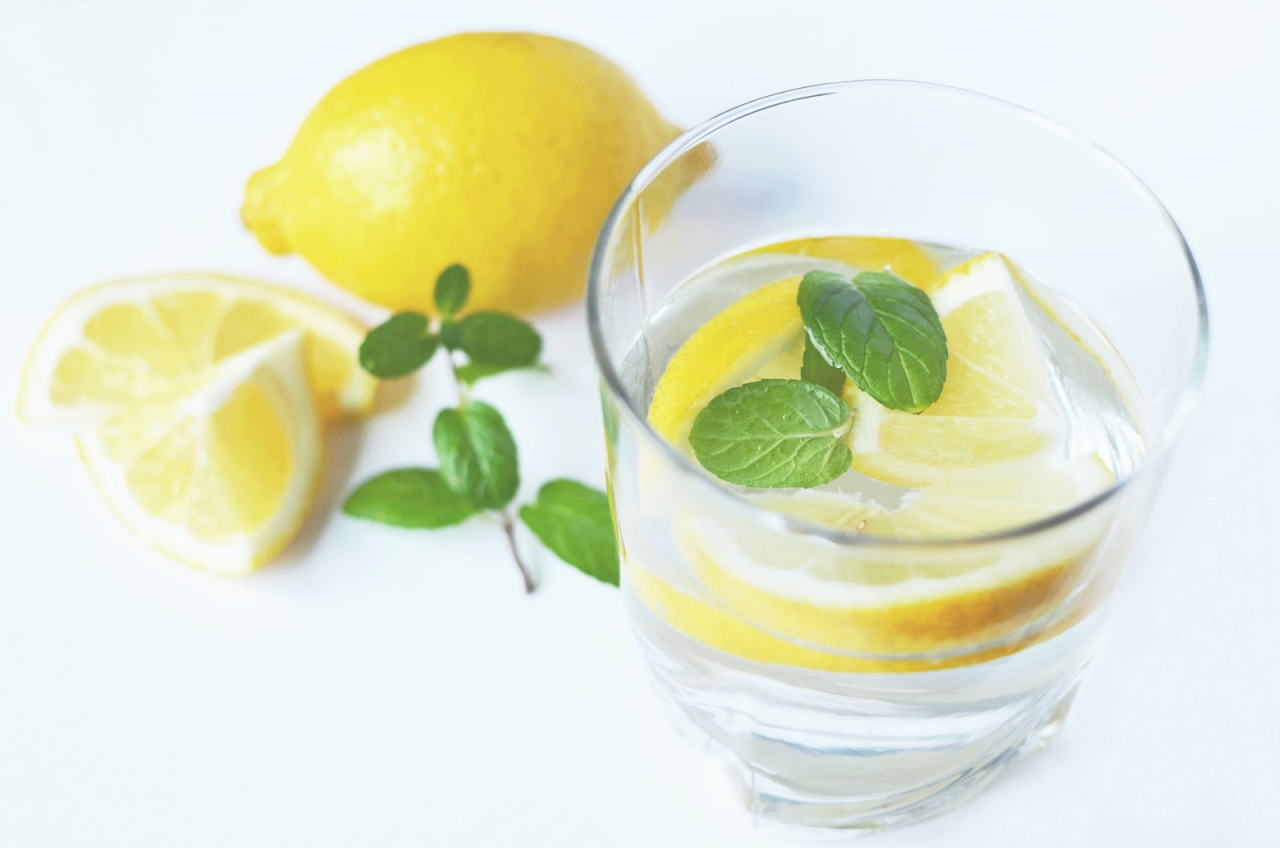
A sudden change in diet, such as this, might lead to symptoms such as headaches, fatigue, and mood swings. However, if any of these issues become too severe, and last too long, make sure you consult a doctor. Also, make sure you don’t stick to such a cleanse for an extended period. Once you are done with the Candida Cleanse, move on to the actual diet.
Possible Symptoms of a Candida infection
- Nausea
- Bloating/ constipation / diarrhea
- Chronic fatigue
- Eczema and rashes
- Recurrent urinary tract infections
- Irritability/ mood swings/ Anxiety
- Depression
- Joint pain
- Vaginal Yeast Infection
Anti-Candida Sample Meal Plan
Breakfast
Scrambled eggs + tomatoes + avocado
Yogurt parfait with berries and almonds
Turkey-and-sage sausages + Brussels sprouts
Lunch
Turkey + green salad + avocado, cabbage, broccoli with an olive oil dressing
Thai Chicken Curry
Lemon-roasted chicken + salad greens
Dinner
Chicken breast + steamed veggies
Salmon cakes + steamed broccoli + bone broth
Coconut chicken +quinoa +steamed vegetables
Benefits of Anti-Candida Diet
- Might help you control the yeast overgrowth in your system
- Helps cut the consumption of sugar
- Great for people with gluten allergies, as it is anti-gluten
- Assists in the regulation of blood sugar, as it controls sugar intake
- Boosts weight loss and maintenance
- Prevent Obesity and other lifestyle diseases
Is the Anti-Candida Diet Legit?
One of the significant problems that the anti-candida diet has is that there aren’t a lot of studies done that back this diet. While investigations were done to see whether sugar intake plays a role in yeast infections, nothing conclusive came out of that study. While it was proven that women who have diabetes suffer a higher chance of catching a yeast infection, it does not state that cutting sugar can help prevent Candida infections.
Furthermore, certain experts have issues with the symptoms listed as being due to Candida. They feel that the yeast isn’t so powerful, to cause all of these problems. Another huge problem is that it is difficult to know whether the yeast is growing in the gut. Most of us realize we have a Candida infection only when the symptoms start to show. There aren’t any reliable ways to know whether the yeast has begun to grow and multiply within us. Therefore, the only way this diet would work is if we followed it all the time. Since the diet is restrictive, barring most kinds of grains and fruits, that could lead to other health issues. Also, not consuming enough fiber could lead to indigestion, which is one of the symptoms, this diet aims to alleviate!
Drawbacks of Anti-Candida Diet
- Though the diet contains healthy items, there has not been much research to prove that such foods help prevent yeast infections in women.
- Little to no scientific data to back up these claims
- Experts have raised questions regarding considering Candida as an entirely harmful component.
- Extremely restrictive in nature, making it difficult to follow in the long run
- Diet could be worse for the gut if the person is not careful, as it includes very little fruits
Risk Factors for Candida Infections
- People who consume a high-carb, high-sugar diet
- High alcohol consumption
- Elevated stress levels
- Lack of proper sleep
- Imbalance in microbiota
- Improper use of catheters
- Birth control pills
- Excessive use of antibiotics
- Diabetes mellitus
- Weak immune system

The anti-candida diet promotes low-sugar, non-starchy foods, healthy protein, gluten-free grains, and unsweetened beverages. While there isn’t too much scientific evidence supporting their claims, switching to a low-sugar diet might help your weight loss. However, do not have very high expectations regarding it solving your Candida issues. In case your yeast infections persist, consult a doctor, and start your course of antifungal medicines.

